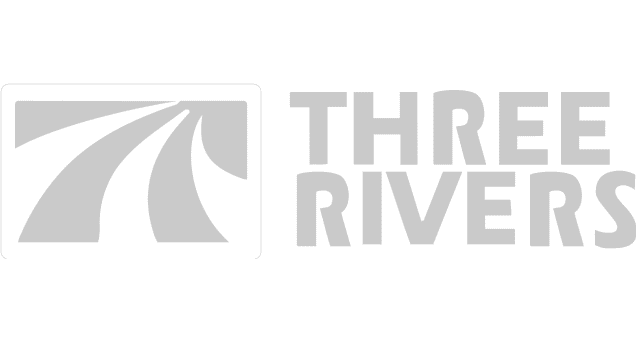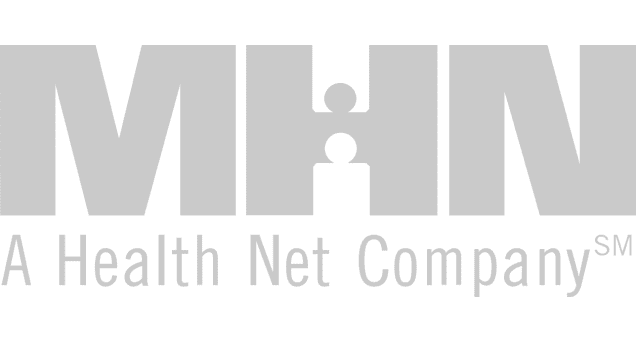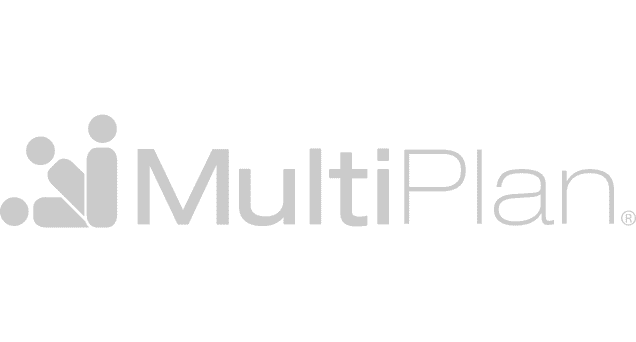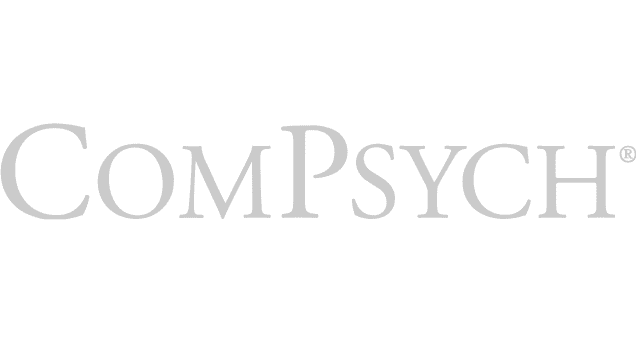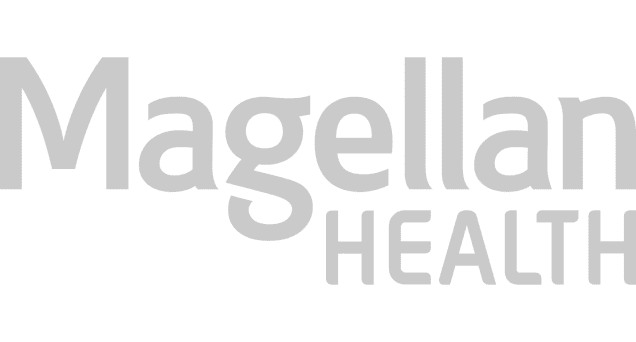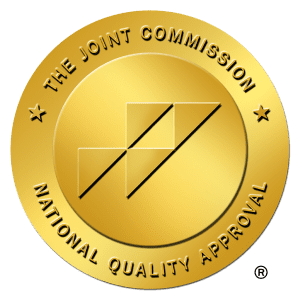At Grata we provide the most cutting edge detox services to ensure all clients are seperated from all addictive substances using the safest and most comfortable methods.
Polysubstance Abuse Detox
Polysubstance dependence refers to a pattern of drug use in which an individual concurrently abuses multiple types of substances. This type of substance abuse can result in serious physical and mental health consequences, including increased risk of overdose, damage to major organs
such as the liver, kidneys, and heart, impairment of cognitive function, mood disorders, other mental health conditions, and premature death.

Polysubstance Abuse Facts
250 Americans lose their lives everyday to substance abuse disorders and 50% of substance abuse disorder deaths involved multiple drugs and/or alcohol.
Believe it or not, many people fail to remain sober after drug and alcohol treatment. In most cases, they haven’t reached out for the proper support before being overcome by obsessive substance thoughts, pre-relapse dissociation, overwhelm, shut down, and over-stimulation by triggers. 85% of individuals with polystance abuse disorder relapse within a year of treatment, according to the National Institute on Drug Abuse. Moreover, two-thirds of individuals return to drug use within weeks of beginning addiction treatment.
During treatment at Grata, you will have top notch around-the-clock care. Our industry leading treatment modalities will prepare you for life after inpatient residential treatment.
Polysubstance Abuse Detox
Polysubstance dependence refers to a pattern of drug use in which an individual concurrently abuses multiple types of substances. This type of substance abuse can result in serious physical and mental health consequences, including increased risk of overdose, damage to major organs
such as the liver, kidneys, heart, and impairment of cognitive function, mood disorders, other mental health conditions and premature death

Polysubstance Abuse Facts
250 Americans lose their lives everyday to substance abuse disorders and 50% of substance abuse disorder deaths involved multiple drugs and/or alcohol.
Believe it or not, many people fail to remain sober after drug and alcohol treatment. In most cases, they haven’t reached out for the proper support before being overcome by obsessive substance thoughts, pre-relapse dissociation, overwhelm, shut down, and over-stimulation by triggers. 85% of individuals with polystance abuse disorder relapse within a year of treatment, according to the National Institute on Drug Abuse. Moreover, two-thirds of individuals return to drug use within weeks of beginning addiction treatment.
During treatment at Grata, you will have top notch around-the-clock care. Our industry leading treatment modalities will prepare you for life after inpatient residential treatment.
Treatment at a Glance
Detox
Residential Care
After detox, Clients move into residential care to treat the root of the addiction and explore ways to move forward without substance abuse.
Aftercare
During your stay at Grata we create an aftercare plan tailored to each individual’s needs to maintain long lasting sobriety.

Treating
Polysubstance Abuse
At Grata, we realize that everyone is unique in their needs, and being considerate of differences means the utmost attention and your needed interaction with our healthcare professionals that facilitates trust, understanding, and change. Medical Assisted Treatment involves the use of medications for the Detox phase of treatment. Trust in treatment means boundaries when cravings and impulsiveness arise. We have the best crisis clinicians that can deescalate patients wanting to leave against medical advice and hold our patient’s hands as they courageously seek freedom and the return of their hope and dreams. At Grata, we keep it positive and solution-focused, therefore we forbid any kind of “maintenance” drugs. Any narcotic medication will be strictly used for Detox purposes.
Grata’s Board Certified Medical Doctor may recommend medicine as part of your addiction treatment. Medicines don’t cure addiction, but they can help in your recovery. Medications can reduce your cravings for substances and may help you prevent relapse. You’ll be supported in a comfortable private room with luxury amenities and a structured environment that focuses on evidence-based addiction medicine therapies that produce change.
One such modality is Grata’s, which focuses on the need to regulate the body and create connection, trust, and autonomy that facilitates attunement of the nervous system and expands core capacities to affect positive outcomes. Another core modality at Grata is Motivational Interviewing™ (MI). Change happens when practicing MI by resolving ambivalence in recovering individuals to allow them to embrace their treatment efforts to best change their problematic substance use behavior.


Holistic therapies like meditation, yoga, and acupuncture can support an individual’s recovery and improve overall well-being. Support groups such as Alcoholics Anonymous (AA), Narcotics Anonymous (NA), and Smart Recovery can provide emotional support at the community-based group level and help individuals stay sober in the long-term with social supports and positive affirming connections. Having a qualified Substance Abuse Disorder Trained Psychotherapist is one of the greatest determinants in achieving the goal of abstinence from harmful substances. At Grata we have the best in the business

Treating Polysubstance Abuse
At Grata, we realize that everyone is unique in their needs, and being considerate of differences means the utmost attention and your needed interaction with our healthcare professionals that facilitates trust, understanding, and change. Medical Assisted Treatment involves the use of medications for the Detox phase of treatment. Trust in treatment means boundaries when cravings and impulsiveness arise. We have the best crisis clinicians that can deescalate patients wanting to leave against medical advice and hold our patient’s hands as they courageously seek freedom and the return of their hope and dreams. At Grata, we keep it positive and solution-focused, therefore we forbid any kind of “maintenance” drugs. Any narcotic medication will be strictly used for Detox purposes.

Grata’s Board Certified Medical Doctor may recommend medicine as part of your addiction treatment. Medicines don’t cure addiction, but they can help in your recovery. Medications can reduce your cravings for substances and may help you prevent relapse. You’ll be supported in a comfortable private room with luxury amenities and a structured environment that focuses on evidence-based addiction medicine therapies that produce change. One such modality is Grata’s, which focuses on the need to regulate the body and create connection, trust, and autonomy that facilitates attunement of the nervous system and expands core capacities to affect positive outcomes. The core modality at Grata is Motivational Interviewing™ (MI). Change happens when practicing MI by resolving ambivalence in recovering individuals to allow them to embrace their treatment efforts to best change their problematic substance use behavior.

Holistic therapies like meditation, yoga, and acupuncture can support an individual’s recovery and improve overall well-being. Support groups such as Alcoholics Anonymous (AA), Narcotics Anonymous (NA), and Smart Recovery can provide emotional support at the community-based group level and help individuals stay sober in the long-term with social supports and positive affirming connections. Having a qualified Substance Abuse Disorder Trained Psychotherapist is one of the greatest determinants in achieving the goal of abstinence from harmful substances. At Grata we have the best in the business
Your Journey to Wholeness Begins with Only a Willingness
We’re here to encourage and support you.
Start On Your Path today!
Need Clarity? Text or Call our Admissions Team Anytime.
Your Journey to Wholeness Begins
with Only a Willingness
We’re here to encourage and support you: Start On Your Path today! Need Clarity?
Text or Call our Admissions Team Anytime.
Polysubstance Addiction Symptoms
- Regularly abusing multiple substances.
- Developing a tolerance to the effects of the substances.
- Experiencing withdrawal symptoms when stopping use.
- Continuing to use despite negative consequences.
- Changes in behavior, such as becoming irritable or withdrawn.
- Neglecting responsibilities or activities.
- Experiencing financial or interpersonal problems.
- Difficulty cutting back or stopping use.
- Using substances to cope with stress or emotions.
- Engaging in dangerous behaviors while under the influence.
- Heroin: Withdrawing from heroin can cause feelings of restlessness, pain in the muscles, bone pain, sleeplessness, diarrhea, nausea/vomiting, or hot and cold flashes with goosebumps.
- Alcohol: Withdrawing from alcohol can cause anxiety or feelings of nervousness, depression, jumpiness, brain fog, insomnia, nausea and vomiting, rapid heart rate, appetite loss, dilated pupils, clammy skin, tremors, agitation, hallucinations, severe confusion, or seizures.
- Cocaine: Withdrawing from cocaine can cause depression, fatigue, appetite increase, slowed thinking or movement, or feelings of restlessness.
- Marijuana: Withdrawing from cocaine can cause irritability, sleeplessness, decreased appetite, or anxiety.

Grata Approach to Single / Polysubstance Addiction
The Grata approach involves a comprehensive aim that focuses on addressing physical and mental health issues associated with addiction, as well as providing behavioral therapies and counseling to help patients develop healthy coping strategies. The process typically involves a medically supervised detoxification phase followed by intensive therapy and counseling sessions to promote long-term recovery. Polysubstance dependence detox requires a personalized treatment plan that is tailored to the individual’s specific needs to ensure the best chance of success. It is a challenging journey, but with the right support and resources at Grata, it is possible to overcome addiction and achieve a healthy, sober life.
Your Journey to Wholeness Begins
with Only a Willingness
We’re here to encourage and support you.
Start On Your Path Today!
Need Clarity? Text or Call our Admissions Team Anytime.
Your Journey to Wholeness
Begins with Only a Willingness
We’re here to encourage and support you. Need Clarity? Text or Call our Admissions Team Anytime.
Start On Your Path today!

